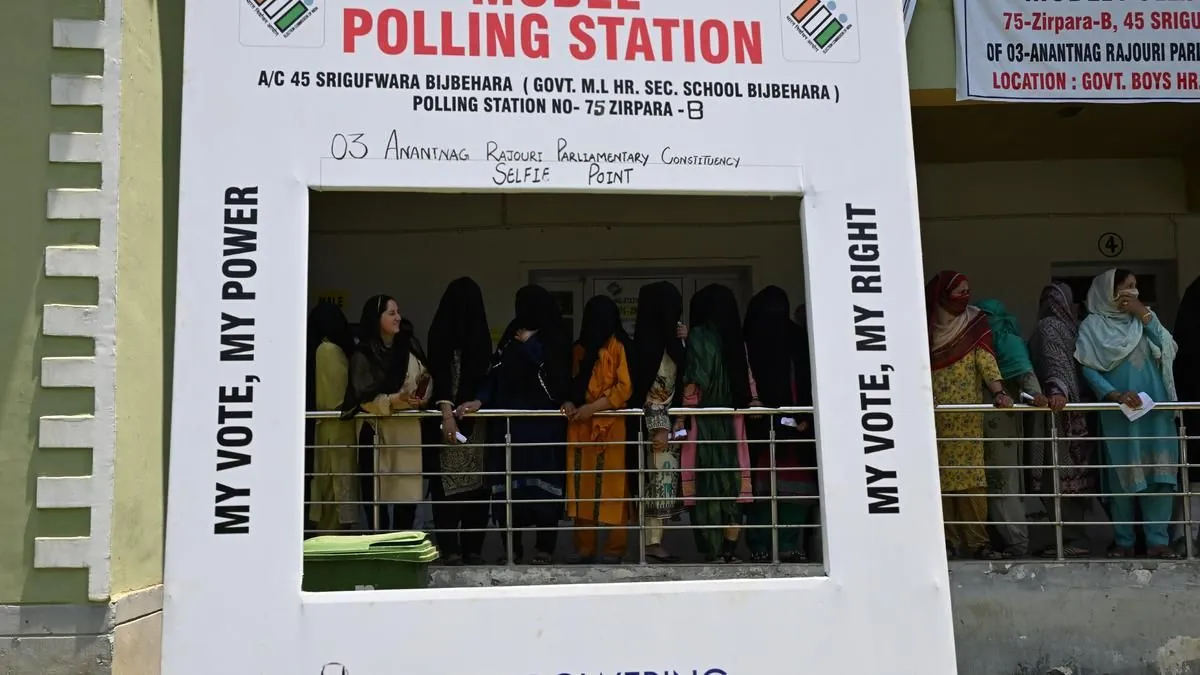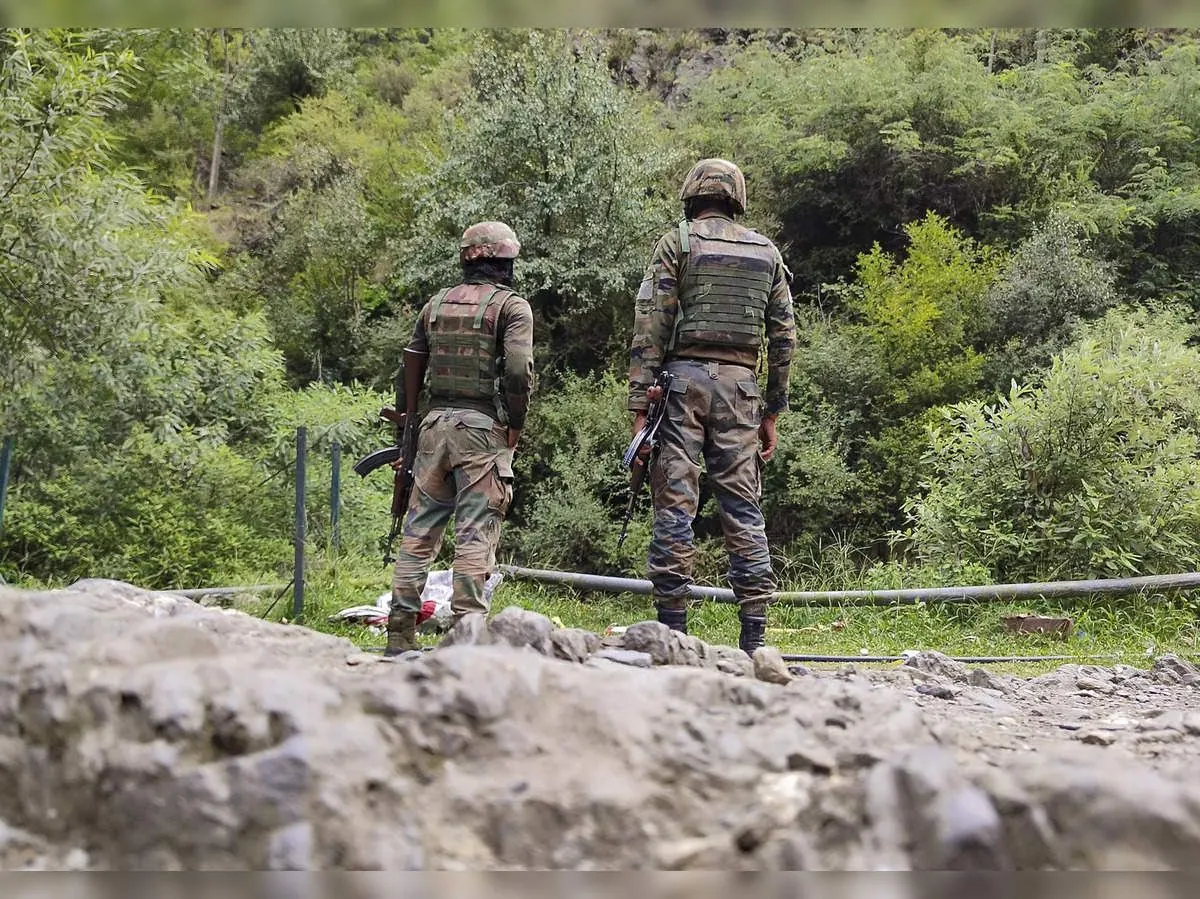Kashmir Holds Crucial Local Election Amid Tight Security
Indian-controlled Kashmir conducts second phase of local government elections. Voting occurs under heavy security, marking first such poll since region's semi-autonomy was revoked in 2019.

In Indian-controlled Kashmir, the second phase of a significant local government election is set to take place on September 27, 2024. This event marks a crucial moment for the region, being the first such poll in a decade and the first since the area's semi-autonomous status was altered in August 2019.
Approximately 2.6 million eligible voters will have the opportunity to select from 239 candidates vying for 26 seats across six districts, including the region's largest city, Srinagar. The election process is being conducted under stringent security measures, reflecting the complex political landscape of the area.
Narendra Modi's government implemented substantial changes to Kashmir's status five years ago, revoking its semi-autonomy and dividing the former state into two union territories: Ladakh and Jammu-Kashmir. This restructuring placed both territories under direct control of New Delhi, significantly altering the region's governance structure.

The Kashmir Valley, often referred to as "Paradise on Earth" due to its stunning natural beauty, has a rich and complex history. It has been a subject of dispute between India, Pakistan, and China since 1947, when the princely state of Kashmir, ruled by Maharaja Hari Singh, acceded to India through the Instrument of Accession.
The region's diverse religious composition, including Muslims, Hindus, Sikhs, and Buddhists, contributes to its unique cultural tapestry. Kashmir is renowned for its Sufi traditions, syncretic culture, and world-famous handicrafts such as Pashmina shawls and intricate carpets.
Despite its cultural richness and economic potential, particularly in tourism, Kashmir has faced significant challenges due to ongoing conflicts. The militant insurgency that began in 1989, now 35 years ago, has had a profound impact on the region's stability and development.
The current election is taking place without any boycott calls from separatist groups, a notable departure from previous polls. However, authorities have implemented strict security measures, including checkpoints and razor wire in voting districts, with government forces patrolling the constituencies.
"The first round of polls was incident-free and peaceful, with a voter turnout of about 59%."
This election will allow Kashmir to have a truncated local government and assembly, though it will remain a Union Territory with limited powers. The restoration of full statehood remains a contentious issue.
As the region moves forward with this electoral process, it continues to grapple with its complex geopolitical situation. The Line of Control (LoC) divides Kashmir between India and Pakistan, with both nations claiming the territory in its entirety. This ongoing dispute has led to several wars and continues to influence regional politics and daily life in Kashmir.
The election results, expected on October 10, 2024, may provide insights into the region's political future. However, the path to full autonomy and resolution of the Kashmir conflict remains uncertain, as the region balances its rich cultural heritage, economic potential, and ongoing geopolitical challenges.


































